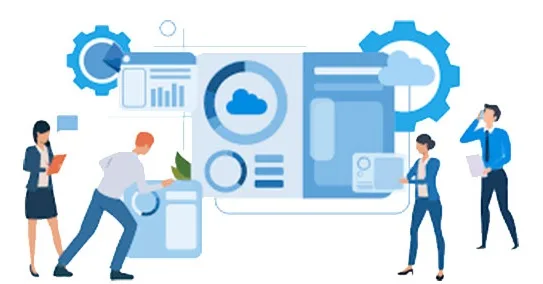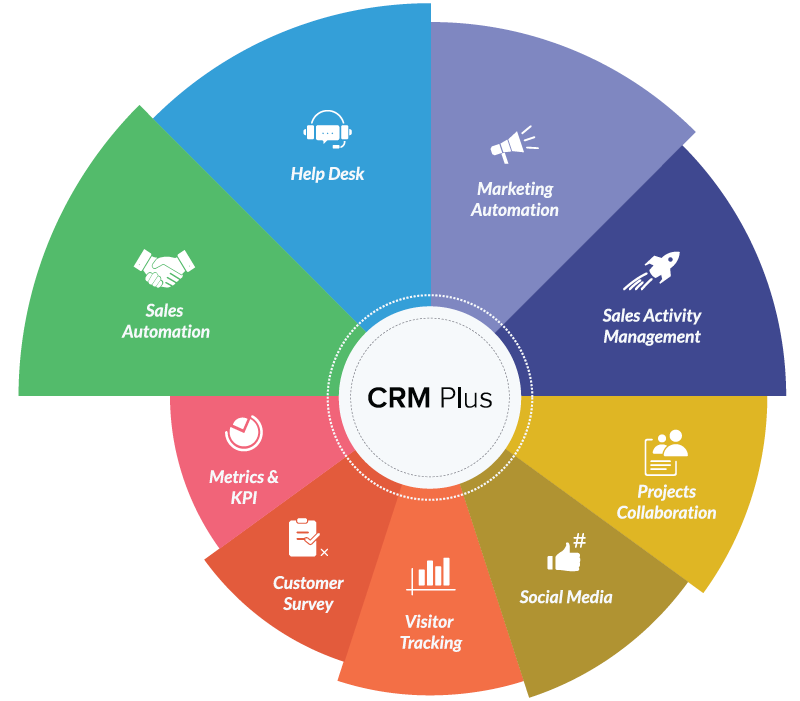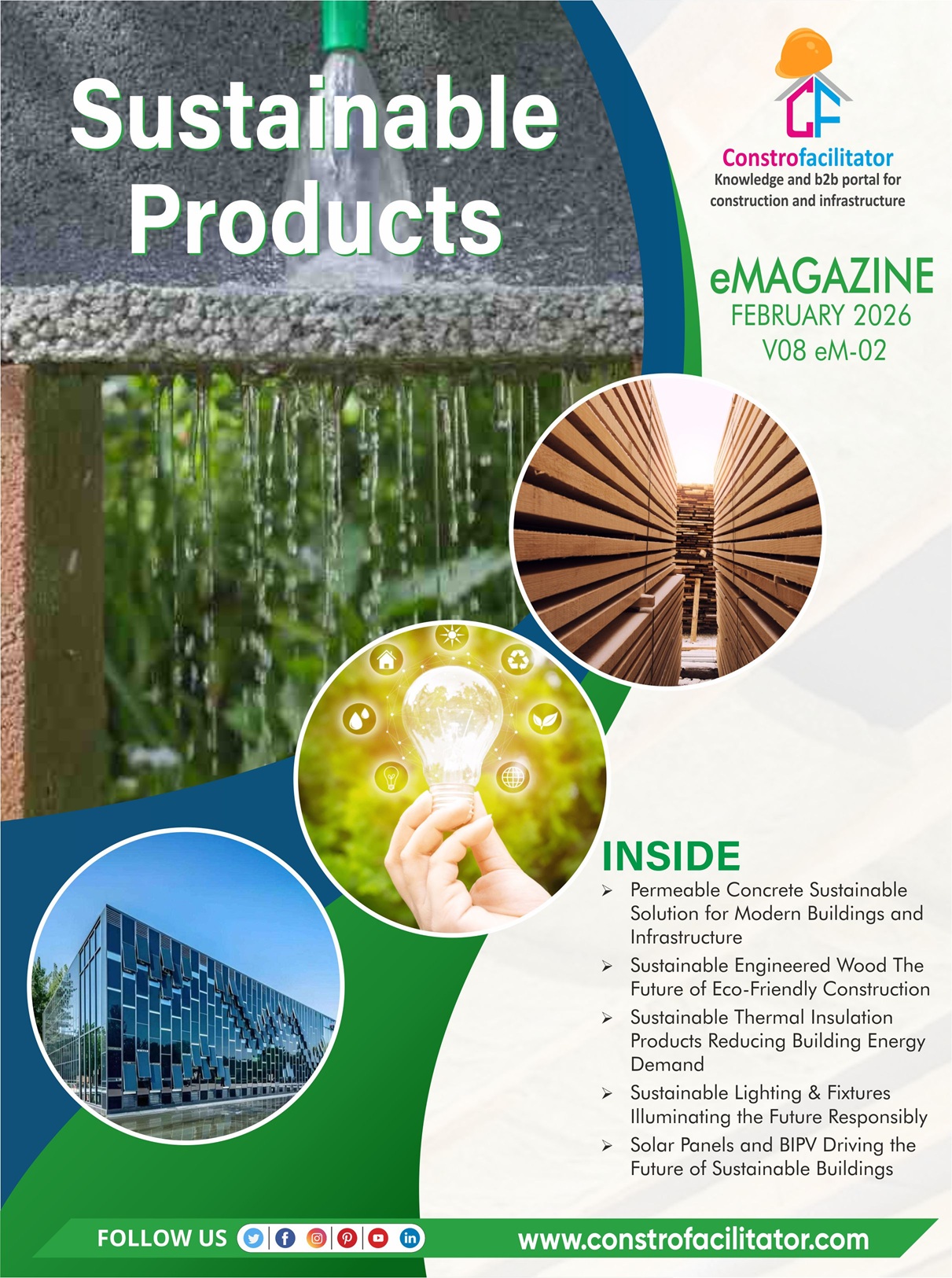
The demand for technology in construction project management is driven by the industry’s pursuit of greater efficiency, cost-effectiveness, and streamlined operations. As construction projects become increasingly complex, project managers are turning to digital tools and software to enhance planning, scheduling, resource allocation, and communication. Advanced technologies like Building Information Modeling (BIM), cloud-based project management platforms, and mobile applications are empowering construction professionals to monitor progress in real-time, collaborate more effectively, and make data-driven decisions. Zoho Corp. can effectively address this demand through its suite of cloud-based software solutions.
The company’s project management software offers comprehensive features for planning, tracking, and reporting on construction projects, ensuring real-time visibility into progress and costs. Moreover, the company’s integrated suite, including CRM and collaboration tools, facilitates seamless communication and collaboration among all stakeholders, from architects and contractors to clients.
Constrofacilitator recently had a one to one interview with Prashanth Krishnaswami, Global Head of Market Strategy – CX Group at Zoho Corp. He has played a pivotal role in managing and contributing to various projects, shaping the marketing, product, and CX strategies for Zoho’s products. His contributions include identifying new revenue streams through strategic product positioning, spearheading go-to-market initiatives for various products and bundles, leveraging content to generate a growing pipeline of demand, overseeing a customer reference program to enhance credibility in the marketplace, and developing pricing models using both first-party and third-party data sources.
During the interview he shared insights on different challenges faced by customers in construction project management, role of technology construction and manufacturing industry, key tech trends, CX portfolio of the company and much more.

Here are the excerpts of the interview.
- What are the main challenges faced in the Construction industry in terms of customer experience?
The construction industry is extremely broad and deep, with customer experience (CX) challenges of various shapes and sizes. Some of the most prominent ones are to do with modernising procurement experiences, improving day-to-day visibility into projects, incorporating the voice of the customer and collaboration among all stakeholders, and optimising operations and resources effectively using technology. These may seem like challenges faced by disparate areas of the business and ecosystem, yet all of these collectively have a strong impact on the ultimate end-customer’s experience. Technology serves as the crucial element that can harmonize these diverse aspects, determining the strength and sustainability of the industry’s customer relationships.
- What are some of the major digital touchpoints in a customer’s construction project?
Whichever way you look at it (B2B/B2C), a construction project is often one of the most important things for the customer. It’s a high-value, high-risk, and high-yield activity. Given that there is an increasing adoption of technology for digital transformation in the industry, every stage of a construction project presents a specific kind of touchpoint. At the planning stage, there are 2D and 3D models to help communicate the design and engineering choices. Mixed reality is making its way into this stage already.
Then there are various forms of permits and compliance processes before engineering work begins. Many of these processes may be available via online self-service. Procurement of materials and machinery is also starting to get centralized via online procurement portals in large construction projects. Not all of these may directly pertain to a customer but they affect the customer experience if they aren’t put into place appropriately as they affect the timeline of the project.

- How can technology help in Customer Experience, particularly in the construction and manufacturing industry?
Technology can help the industry in three fundamental ways. One, it creates transparency by helping share various pieces of information instantly amongst stakeholders, including the customer. A common example would be a project portal where all aspects of the project will be available to the customer. Thanks to modern data security systems, these details will be visible only to the people concerned.
Technology also helps improve collaboration with the customer at every stage of the construction project. Decisions are accelerated owing to the transparency, and since everything happens on a common technology platform, nothing falls through the cracks. Each stakeholder is able to see the items that need their attention the most at any given time. All of their communication is contextually available within the system for reference, providing a holistic view of the project.
Lastly, technology helps create efficiencies at scale. Again, since all of the information is available on a single technology platform, the company is able to apply Artificial Intelligence models to the data, and optimise everything from procurement to resource allocation to project timelines. Through backward integration, this wave of efficiency is also brought to suppliers, so that all stakeholders’ resources can be optimised in unison, rather than in silos as it has been done for many years.
- What are some of the key tech trends that your customers are betting on and what is the motive behind adopting these trends?
We are seeing three predominant trends in the landscape currently:
The first dominant trend is that organisations are tired of using a mix of 200 different software from different vendors. They want to consolidate towards unified software platforms like Zoho CRM Plus. This automatically brings internal functions together to serve the ultimate customer better.
The second trend is centered around data security. When all the data is on a single platform, all of it shouldnt be accessible to everyone on the platform. As data privacy concerns grow, organisations are focusing on creating well-defined data policies to govern what data is collected, by whom, for what purposes, how it’s all processed, and when it’s removed from the system. Having a unified software platform makes all of that much easier to accomplish.
Finally, we’re seeing a lot of interest in contextual use of relatively new forms of technology like Artificial Intelligence and augmented/mixed reality. Beyond the hype, organisations are interested in deeply integrating these technology pieces with their employees’ day-to-day use cases for increased productivity and collaboration. Early pioneers are already piloting these in their operations today.

- How do we see the CX industry growing? What is the future for CX in India generally and in the context of construction projects?
The strong economic growth in India in the last decade has enabled many experiential innovations like digital interfaces with government offices, quick online payments, widespread e-commerce, and better access to information overall. Customers even in tier 3 towns are sensitized to all of these and have started using them everyday.
From our observation, it’s clear that we’re all in the experience economy, where customer experience and stakeholder experiences are the competitive advantage for most brands and organizations. Customers are now used to experiential buying, and have already started prioritizing brands that offer superior CX. They don’t like to just be sold to, but rather be conversed with and educated. Customers are starting to prefer self-service experiences for common issues and topics.
In the context of construction projects, residential buyers may want to see a VR demo of the model apartment from their own living room. Construction and manufacturing companies may want to use augmented reality to fix equipment remotely using a smaller technical team, rather than having to deploy deeply trained professionals throughout their network/locations. Procurement of materials may evolve to become as easy as buying detergent on Amazon. As a technology company, we’re betting big on the experience economy and want to be the platform that simplifies it for businesses of all sizes.
- Please share a glimpse into your leading CX portfolio in the construction domain.
Zoho serves over 90 million users globally by simplifying and streamlining their operations. Our diverse product portfolio of more than 55 applications offer software to power field teams, project management teams, procurement and finance teams, as well as low-code and pro-code development tools to write deeply contextual custom capabilities too. Organizations in the construction domain can take advantage of Zoho’s software, like Zoho CRM Plus, which brings together capabilities to unify the frontline across marketing, sales, and service channels.





